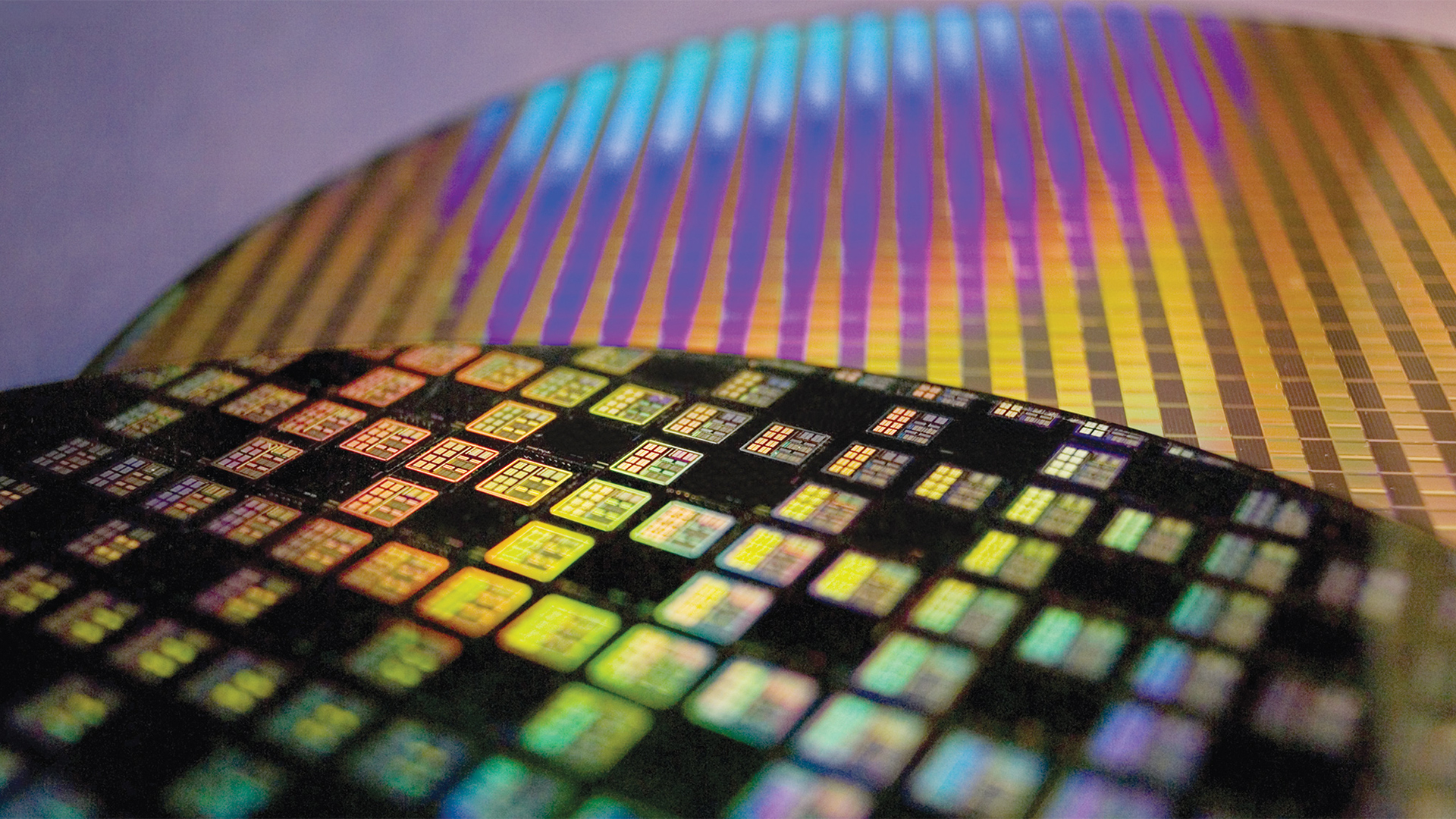TSMC takes a swing at Intel over 'futile' US expansion plans
The US is an inhospitable environment for chip manufacturing, TSMC founder suggests

The founder of Taiwanese chip foundry TSMC has described attempts to ramp up manufacturing capacity in the United States as an “exercise in futility”.
Speaking at an event hosted by the Brookings Institution, Morris Chang said he believes the conditions of the US economy and labor market are not conducive to success in the context of semiconductor fabrication.
Specifically, he cited the dearth of manufacturing talent in the country, which has long prioritized alternative skill sets, as well as the cost of producing chips in the US, which Chang says is 50% higher than in Taiwan.
Intel in the US
Over the last couple of years, the US has become increasingly determined to onshore a larger proportion of semiconductor manufacturing, driven by the ongoing chip shortage, supply chain disruption, and the aggressive stance of China towards Taiwan.
To assist with this push, the Biden administration has pledged billions of dollars in subsidies, much of which will go to Intel, one of only a handful of companies capable of manufacturing advanced processors.
In early 2021, Intel made public a reworking of its integrated device manufacturing (IDM) strategy, which the company called IDM 2.0. The objective is to position Intel at the bleeding edge of chip design and manufacturing, and capitalize on new revenue streams during a period of unprecedented demand. Inevitably, these plans will require significant investment.
In January, the company revealed it would splash $20 billion on a state-of-the-art manufacturing campus in Ohio. This 1,000 acre “mega-site” will house up to eight separate fabs, which would make it one of the largest facilities in the world.
Are you a pro? Subscribe to our newsletter
Sign up to the TechRadar Pro newsletter to get all the top news, opinion, features and guidance your business needs to succeed!
To further bolster US manufacturing capacity, Intel also announced it will funnel a further $3 billion into an extension for its D1X factory in Oregon. The expansion will apparently pave the way for next-generation technologies that will underpin new chips for personal and business computers, 5G networks, cloud servers and more.
Thinly-veiled criticism
In light of the billions Intel is currently sinking into projects on US soil, Chang’s comments can be read as thinly-veiled criticism of the rival manufacturer’s strategy.
Based on TSMC’s experience in the country over the last two decades, Chang expects Intel to struggle to staff its new US facilities, and says “it will be hard for the US to compete internationally” as a result of pricing constraints.
Essentially, he believes the US has gambled on war between China and Taiwan, which would bring about the only scenario in which the current level of investment in US chip manufacturing would make business sense.
However, if such a war does not materialize, Chang believes the Biden administration (and by extension, Intel) will be left significantly out of pocket with little to show for it.

Joel Khalili is the News and Features Editor at TechRadar Pro, covering cybersecurity, data privacy, cloud, AI, blockchain, internet infrastructure, 5G, data storage and computing. He's responsible for curating our news content, as well as commissioning and producing features on the technologies that are transforming the way the world does business.